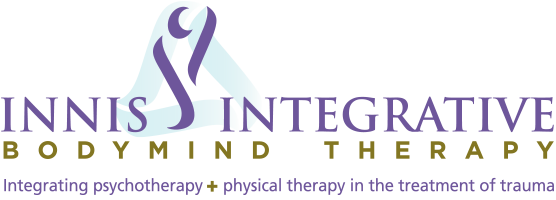The election season was full of vitriol and mudslinging. Every day you were inundated with media commentary, alarmist claims, and doomsday headlines. Fear seemed to be everywhere. You spent a year worrying about the country and the quality of its leadership. And now it’s over, and you’re still so anxious that any discussion of politics causes your mind to race, your head to ache, and your stomach to roil…
What’s going on?
Your body is telling you that your autonomic nervous system (ANS) is on high alert and showing signs of dysregulation.
What’s your ANS? It is the internal bodily system that controls most of your involuntary reflexive actions. It is constantly busy inside you, working and regulating your automatic, unconsciously run bodily functions such as your heart rate, respiratory rate, pupil dilation, and digestion. Your ANS assists in all aspects of your body via the release or uptake of biological chemicals in the brain called neurotransmitters.
Your autonomic nervous system contains two essential parts:
the sympathetic nervous system readies your body for stressful events or emergencies. Here is where the “fight or flight” response originates during dangerous circumstances. Under normal conditions, your heart rate and blood pressure elevate, your digestive system is disrupted, and your pupils dilate.
the parasympathetic system assists your body’s attempts to calm down and to return to normal.
Therefore, autonomic nervous system dysregulation indicates an imbalance between these two systems. This is usually related to an over-activation of the fight/flight response and the under-activation of the settling down system. This is very stressful for your body. The areas of the body most affected are neural networks in the brain, muscles, and organs housed in your chest, abdomen and pelvis.
How does ANS dysregulation happen?
The sympathetic and parasympathetic parts of the autonomic nervous system are meant to be seamless, cooperative, and harmonious. Disruption to the natural way the parasympathetic system functions has serious implications. When the body’s harmony is disturbed and your sympathetic system is activated too often, something must be done to restore balance soon. Otherwise, the dysregulation of the system creates more and more bodily deterioration.
In effect, too much anxiety, worry, negative thinking, and arousal of the body’s natural threat detection systems adversely affects the ability of the body to settle down effectively. The resting state happens less and less. Whenever the resting state is compromised, stress and overwhelm arises, and can lead to various health problems.
How ANS dysregulation and worry and anxiety intersect
Worry and anxiety should not be constant. When they are, the fight or flight response of the sympathetic nervous system is pricked repeatedly. Thereby, making you prone to biological overreaction, internal inflammation, and inappropriate sympathetic activation.
As you worry persistently or succumb to the chronic stress and overstimulation of a busy life, you are too frequently flooded with stress hormones. These hormones can impact nervous system reactions in ways that wear down your body’s ability to self-correct and settle down. These chemicals should occur occasionally in the body, not every day. Thus, they are damaging in ample supply.
What are the specific results of too much “fight or flight” and not enough “rest and digest?” Unfortunately, you enter into a cycle of mental and physical illness, ranging from chronic muscle tension and pain, low mood, disinterest in activities, insomnia, digestive disturbance, and more. All are serious dysfunctions of the autonomic nervous system.
Consider these additional symptoms of ANS dysregulation:
Blood pressure complications
Cardiac distress
Problems breathing and swallowing
Erectile dysfunction
So, what do you do?
Whatever your worries: political drama, family problems, or a troubled past, anxiety needn’t have it’s way with your health.
Therefore, if you suspect you are worrying yourself sick and into a state of autonomic nervous system dysregulation, please seek help. You needn’t continue on this way. In fact, doing so may only do more damage.
Reach out to an experienced body-centered therapist soon for help and tools to restore peace to your mind and rest to your body.
I invite you to click on my Chronic Stress Management page to learn more about how you can begin to help yourself.
Contact me here for more information.


